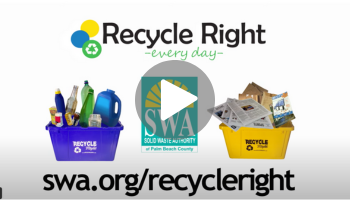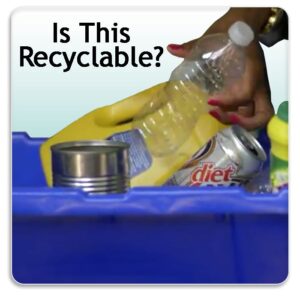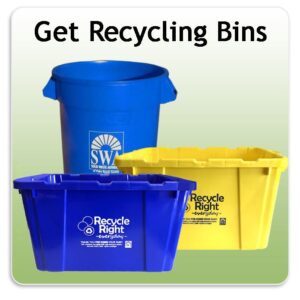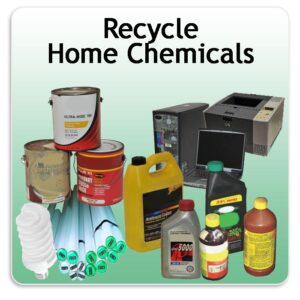The SWA 4R Ambassador Summer program will take place June 2-6.

SWA 4R Ambassador Program
link to video: https://youtu.be/0uYcOVMHfIw
The Solid Waste Authority of Palm Beach County is looking for students to participate in a one-week (reduce, reuse, recycle and rethink) adventure into the world of waste. During this week, students will engage in hands-on activities and field trips focusing on the environment from an integrated solid waste management perspective. Click to download application.
Participants will go behind-the-scenes at all SWA facilities, including:
- A Home Chemical and Recycling Center
- The Landfill
- The Recovered Materials Processing (recycling) Facility
- Renewable Energy Facility 2 (the cleanest, greenest, most efficient waste-to-energy plant in the world!)
- A Transfer Station
- Utilities
- The SWA Greenway Trail System
Download your application now!
Keep Your Resolve to Recycle Right in 2025
Does Palm Beach County recycle? You bet it does – and for the past two consecutive years, Palm Beach County has placed first in the state for recycling. Recycling is a community effort, and we thank you for doing your part to help keep our communities clean and green. If you’re not already recycling, the Solid Waste Authority of Palm Beach County (SWA) invites you to join your fellow residents in this eco-conscious effort by resolving to Recycle Right in 2025.
In the last fiscal year, county residents placed more than 98,000 tons of recyclables in their blue and yellow recycling bins. That’s more than 197 million pounds of recyclable waste that would have otherwise been trashed.
By the end of the fiscal year, just shy of 75,000 tons of recyclables were sold to mills and factories that could use them in making materials for new products. The top recycled items were:
- Mixed paper: More than 30,800 tons
- Cardboard: More than 18,000 tons
- Glass: More than 17,400 tons
- Plastics: More than 6,700 tons
- Aluminum: More than 980 tons
- Cartons (aseptic): 45 tons
The SWA understands that it can be confusing to know what goes into your yellow recycling bin, what goes into your blue recycling bin, and what should be tossed into the trash. Not all recyclable items are accepted for recycling in Palm Beach County’s dual-stream recycling program. There’s a search tool at swa.org/isitrecyclable to help you see if an item is recyclable in the county’s dual-stream recycling program. If it is, the tool will tell you which recycling bin to put it into.
Here are some general recycling tips to help you get started.
General recycling tips:
- Definitely put aluminum cans into the blue recycling bin. Surprisingly, they’re the least recycled item in Palm Beach County. However, a recycled can may be back on the shelf in as little as 60 days.
- Never place a plastic bag into your blue or yellow recycling bin. Plastic bags are perfect to reuse as liners for smaller garbage cans, but they wreak havoc in the recycling facility. If you want to recycle them, take them back to your local grocer, select big box store, or one of seven SWA Home Chemical & Recycling Centers (HCRCs). Or you can exchange them through the SWA’s Xchange2 program.
- Recycle all your cardboard boxes. Many families are ordering more products online, so people are left with lots of cardboard boxes in their homes. You can place that cardboard into the yellow recycling bin. But be sure to break the boxes down and take out the packaging. Excess carboard that will not fit in the bin can be placed beside it for collection. If you have oversized cardboard boxes, there are hundreds of yellow community drop offs around Palm Beach County. Find your nearest one at swa.org/wheretorecycle.
- Plastic caps should stay on plastic bottles, but metal lids should be taken off glass bottles and jars. This will help when materials are separated by type at Palm Beach County’s recycling facility.
- When in doubt, throw it out. Trying to recycle things like holiday lights, garden hoses and children’s toys in your blue or yellow recycling bin can contaminate recyclables or even damage recycling processing equipment. This leads to increased costs for everyone.






